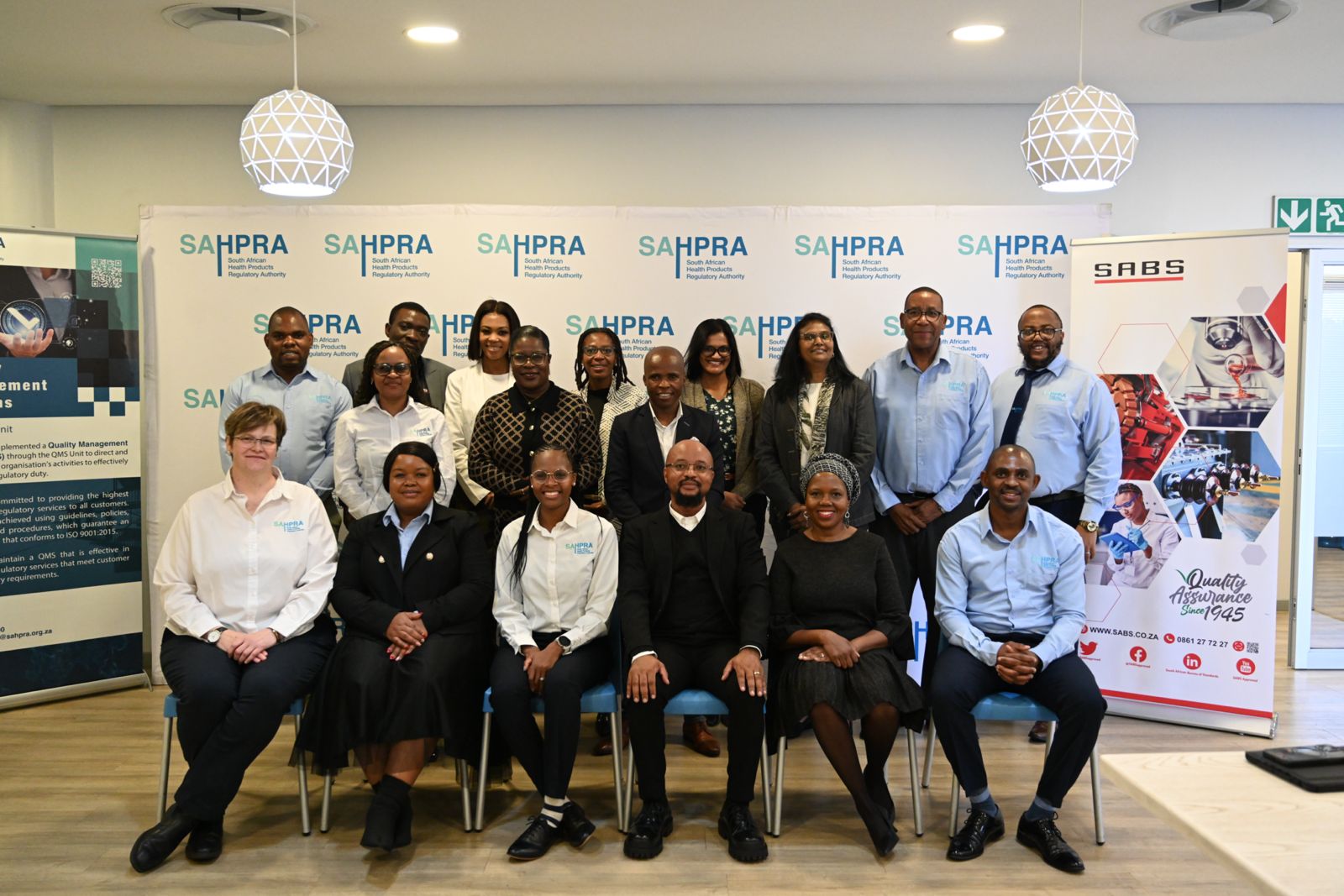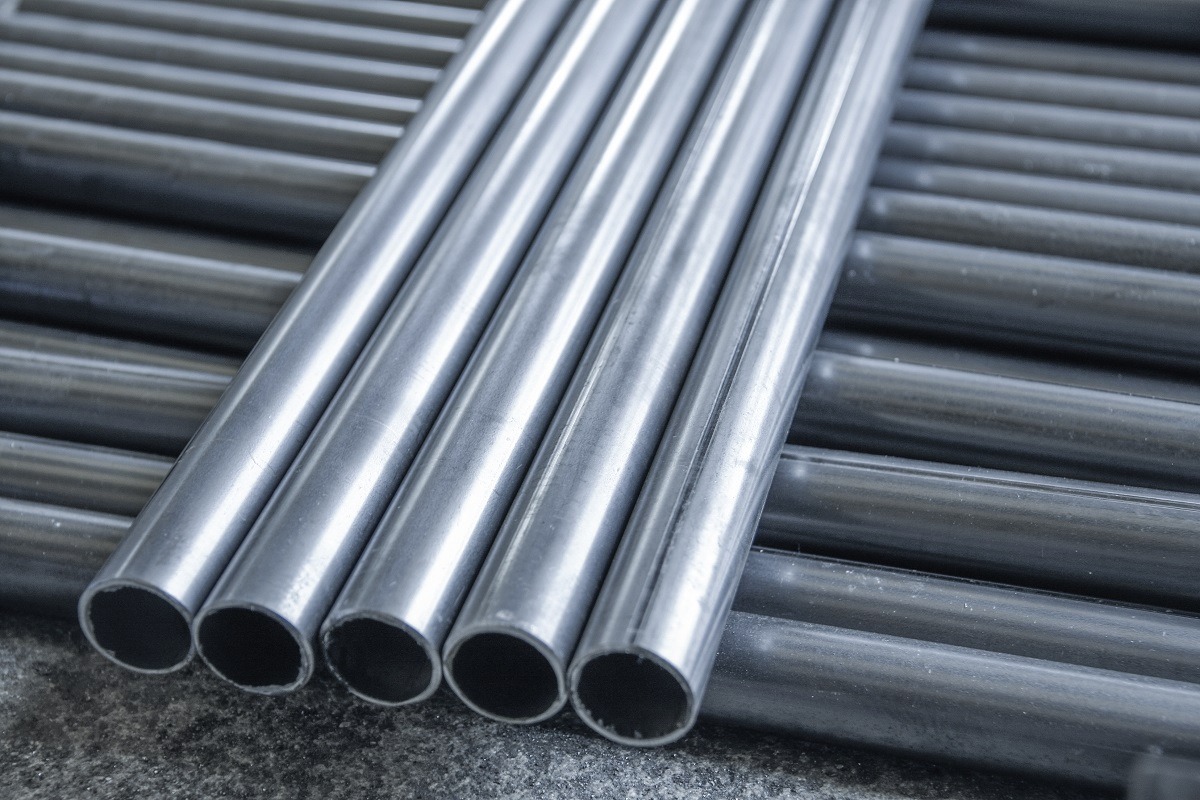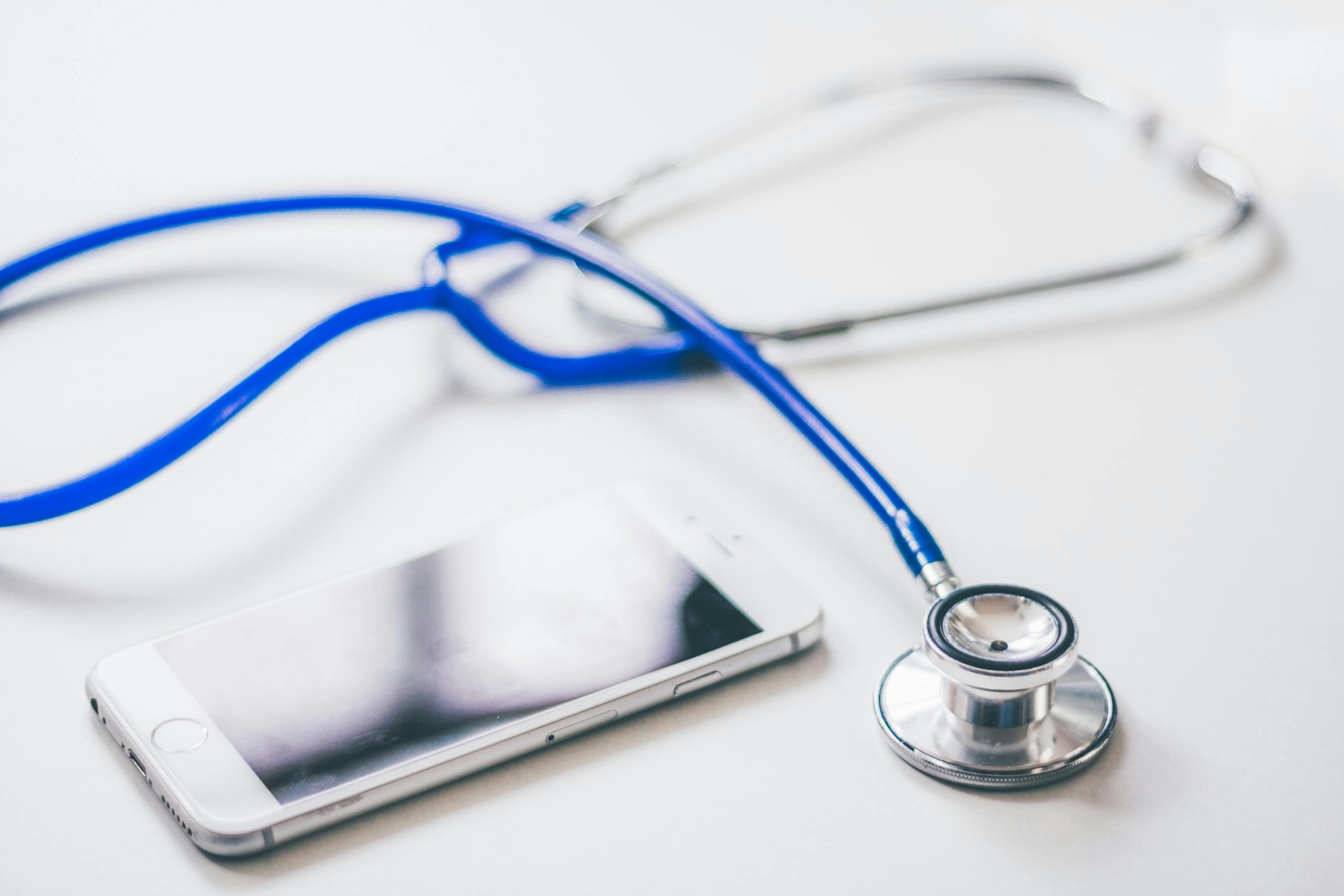When you buy an appliance, consume packaged food, or use a building product in South Africa, how can you be sure it’s safe? The answer lies in the oversight provided by the south african bureau of standards (SABS). This national institution plays a crucial role in protecting the public by ensuring that products and services meet stringent quality and safety criteria. From testing children’s toys to certifying electrical equipment, the SABS is a trusted authority in standardization and consumer protection.
In this article, we’ll examine the five key reasons why the South African Bureau of Standards is vital for consumer safety, how it operates, and why its role is more important than ever in today’s rapidly evolving market.
What Is the South African Bureau of Standards?
The South African Bureau of Standards is a public entity under the Department of Trade, Industry and Competition (DTIC). Established in 1945, its mission is to develop, promote, and maintain South African National Standards (SANS) that improve quality of life, protect public health and safety, and support the country’s economic growth.
SABS is also responsible for providing conformity assessment services, such as testing, inspection, auditing, and certification. These services are used to evaluate whether products and processes comply with national or international standards. Its laboratories are ISO/IEC 17025 accredited, ensuring that testing methods are reliable and globally recognized.
1. Ensuring Product Safety through Rigorous Testing
One of the core ways the South African Bureau of Standards protects consumers is by conducting thorough laboratory testing on a wide range of products. Whether it’s evaluating fire resistance in furniture, detecting harmful chemicals in cosmetics, or checking the structural integrity of construction materials, SABS uses advanced scientific methods to identify safety risks.
For example, children’s toys are tested to ensure they are non-toxic, don’t have small detachable parts that could cause choking, and comply with mechanical safety standards. Electrical appliances undergo shock and fire hazard tests to ensure they won’t endanger users.
According to SABS reports, products with the SABS mark are 70% less likely to fail in consumer usage tests than uncertified items. This drastically lowers the risk of injury or property damage.
2. Certification that Builds Consumer Trust
The SABS certification mark is a symbol of quality and trust in South Africa. It tells consumers that a product or service has been independently verified to meet strict quality and safety standards. Companies that receive the mark undergo regular audits and product inspections, ensuring ongoing compliance.
Examples of certified sectors include:
- Food and beverages (ensuring no contamination)
- Medical equipment (verified for hygiene and performance)
- Automotive parts (evaluated for durability and crash safety)
Consumers are more likely to buy products that carry the SABS mark because they associate it with peace of mind, reliability, and government-backed assurance. In today’s market, where counterfeit and low-quality products are prevalent, this stamp of approval is more important than ever. Whether you’re a beginner or an expert, start from our homepage for best results.
3. Preventing Hazardous Imports and Substandard Goods
The South African Bureau of Standards works closely with the National Regulator for Compulsory Specifications (NRCS) to monitor imports and prevent substandard or dangerous products from entering the South African market. This collaboration ensures that all goods imported into the country meet mandatory safety and health standards.
One notable success involved the interception of over 500,000 non-compliant electrical extension cords that posed fire risks. Because they lacked adequate insulation and grounding, they were banned from entering South Africa—a clear example of proactive consumer protection.
By implementing technical barriers to substandard goods, SABS helps safeguard consumers while supporting local manufacturers who comply with national standards.
4. Educating Consumers and Businesses about Safety
An often-overlooked function of the South African Bureau of Standards is its educational outreach. SABS regularly publishes guidelines, safety alerts, and product recalls to inform the public and industries about risks and compliance updates.
Examples include:
- Advisories on counterfeit sanitizers during the COVID-19 pandemic
- Guidelines for safe food packaging materials
- Public notices regarding unsafe building materials
These efforts increase public awareness, reduce accidents, and promote a safety-first culture. Businesses also benefit from SABS training programs on ISO compliance, quality management systems, and environmental responsibility.
5. Supporting South Africa’s Public Health and Economy
By ensuring that food, water, medicine, and healthcare equipment meet quality standards, the South African Bureau of Standards plays a direct role in improving public health. For example, SANS 241, which governs drinking water quality, helps municipalities maintain water that is safe for human consumption. Similarly, SANS 1853 ensures that plastic packaging used in food production is free of harmful additives.
These standards have long-term implications for health, especially in vulnerable communities.
Moreover, by aligning its standards with global benchmarks like ISO and IEC, SABS promotes international trade and helps local businesses access foreign markets. In a global economy, compliance equals competitiveness. Export-ready certification makes South African products more desirable worldwide while protecting local consumers at home.
FAQs – People Also Ask
What is the role of the South African Bureau of Standards?
The SABS develops national standards and certifies products to ensure safety, quality, and consumer protection across industries.
Is SABS certification mandatory?
Not always. While many standards are voluntary, some—especially in sectors like health, automotive, and construction—are compulsory under South African law.
How do I know if a product is SABS-certified?
Look for the official SABS mark on packaging or labeling. You can also check certification status on the SABS website.
Can international companies get SABS certification?
Yes. Foreign manufacturers can apply for SABS certification to ensure their products meet South African standards and gain market access.
What happens if a product fails SABS testing?
It may be recalled, denied certification, or prohibited from being sold, depending on the level of non-compliance.
Conclusion: Trust Built on Standards
In a world where consumer safety is increasingly at risk due to low-cost imports and rapid product turnover, the South African Bureau of Standards stands as a pillar of trust, protection, and economic integrity. Its tireless work in testing, certifying, regulating, and educating ensures that every certified product has passed through the strictest filters of quality and safety.











Leave a Reply